Optimal Timing for Fire Restorations
Understanding the optimal time for fire restorations is essential for effective recovery and minimizing further damage. The timing depends on various factors including weather conditions, fire seasonality, and property-specific circumstances.
Spring and fall often provide favorable weather conditions for restoration activities, avoiding extreme heat or cold that can hinder progress.
Dry, calm weather minimizes complications such as rain or wind that can exacerbate damage or delay restoration work.
Restorations are typically most effective when scheduled outside of peak fire season to ensure availability of resources and optimal working conditions.
Assessing the property’s condition and securing necessary permits can influence the best timing for initiation of restoration.
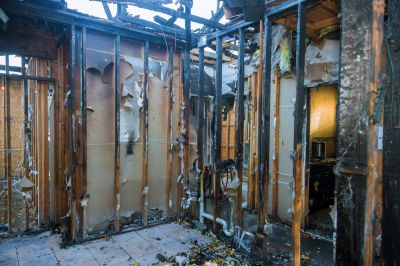
Ways to make Fire Restorations work in tight or awkward layouts.
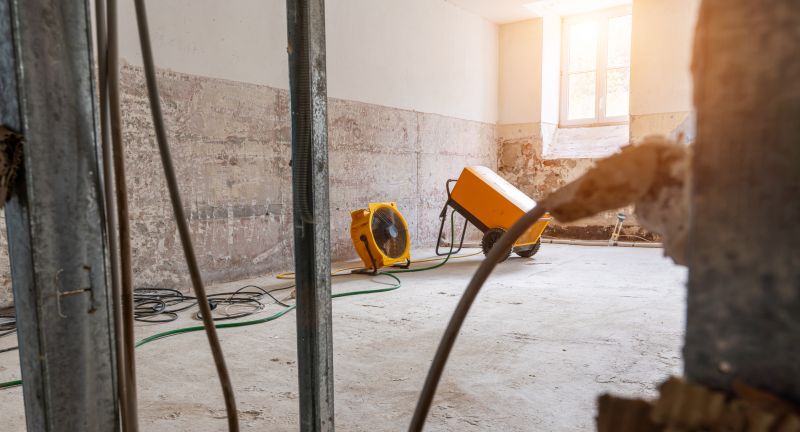
Popular materials for Fire Restorations and why they hold up over time.
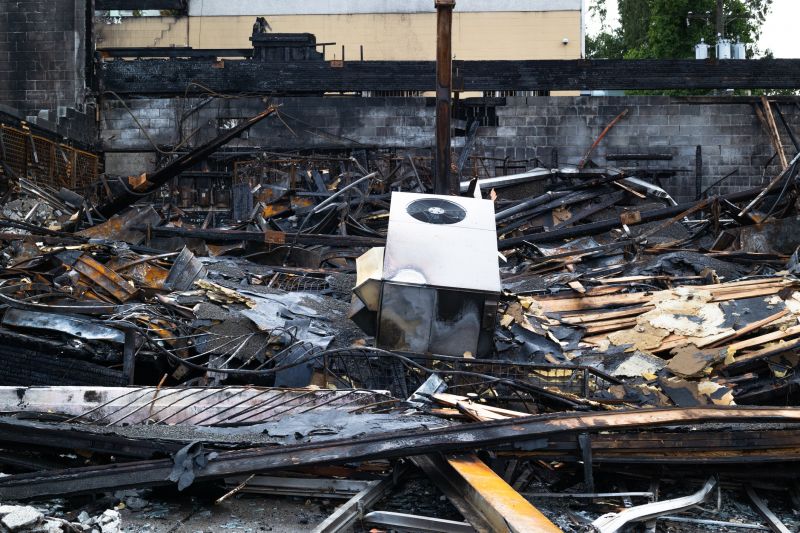
Simple add-ons that improve Fire Restorations without blowing the budget.
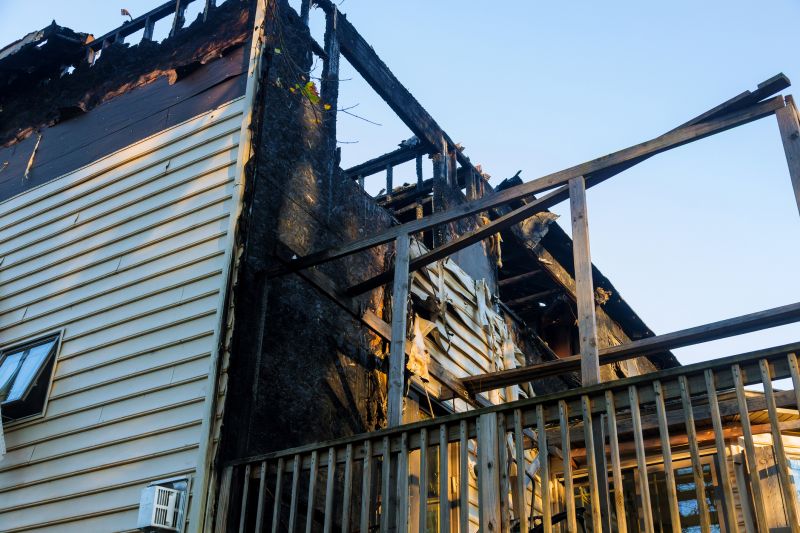
High-end options that actually feel worth it for Fire Restorations.
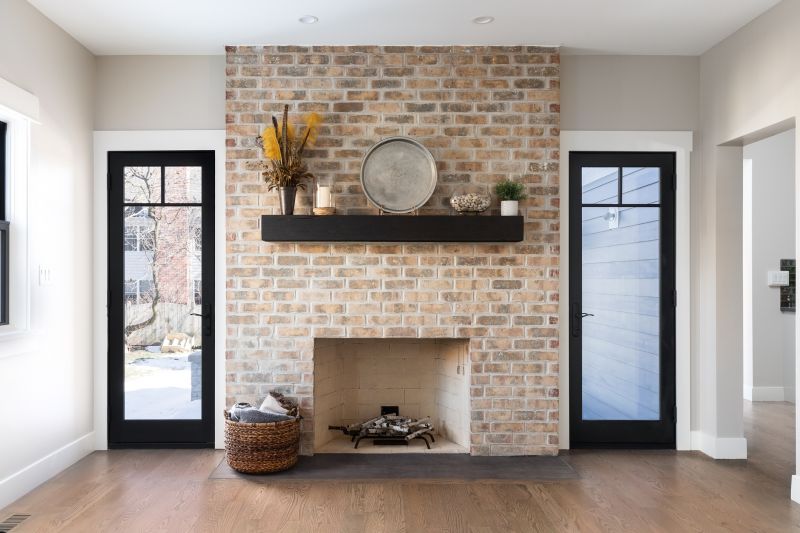
Finishes and colors that play nicely with Fire Restorations.
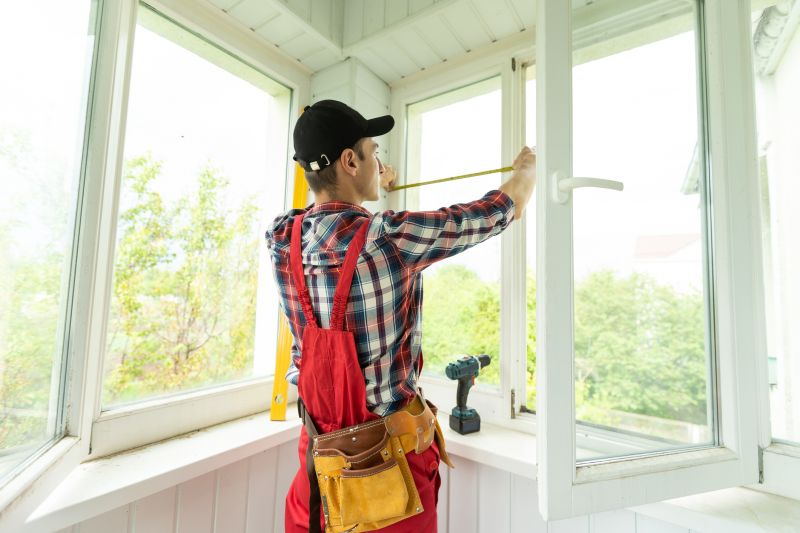
Little measurements that prevent headaches on Fire Restorations day.
Fire restorations involve comprehensive processes to repair and restore properties affected by fire damage. This includes debris removal, structural repairs, smoke odor elimination, and content restoration. Timely action is critical to prevent secondary issues such as mold growth and structural weakening. Statistics indicate that early intervention can significantly reduce restoration costs and improve property outcomes. Fire damage can be extensive, affecting not only visible surfaces but also hidden structural elements, making professional assessment and prompt response vital.
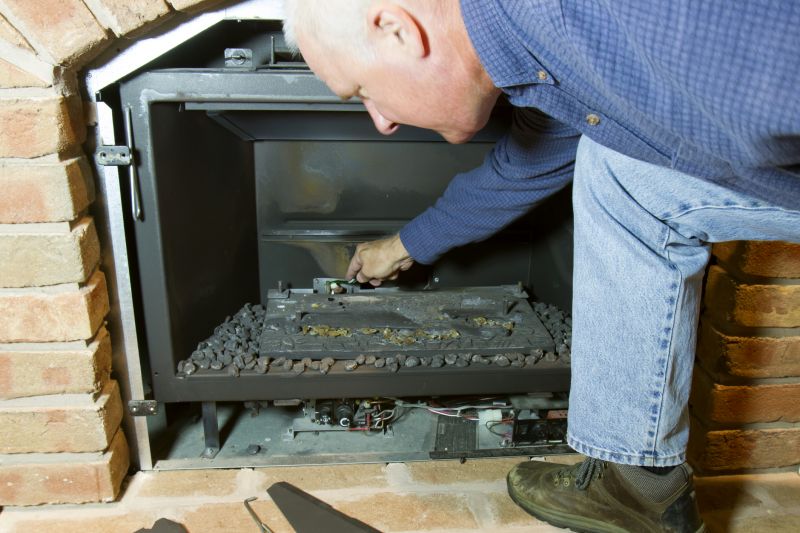
A 60-second routine that keeps Fire Restorations looking new.
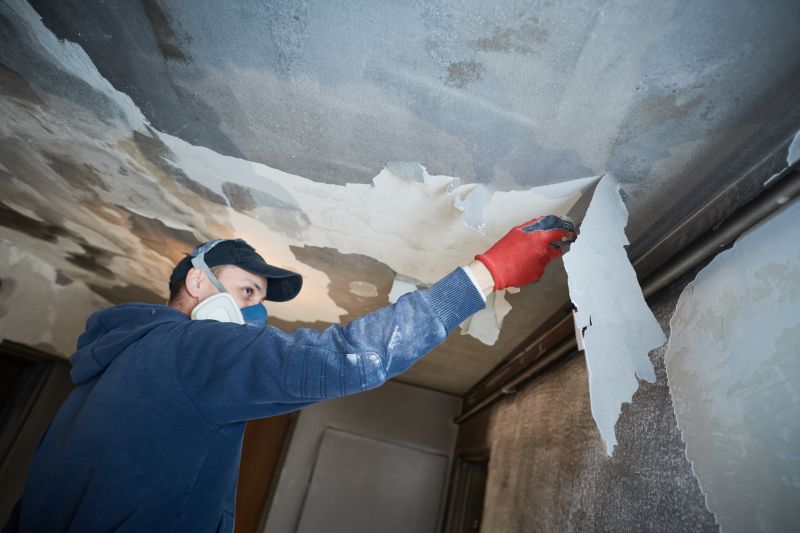
A frequent mistake in Fire Restorations and how to dodge it.
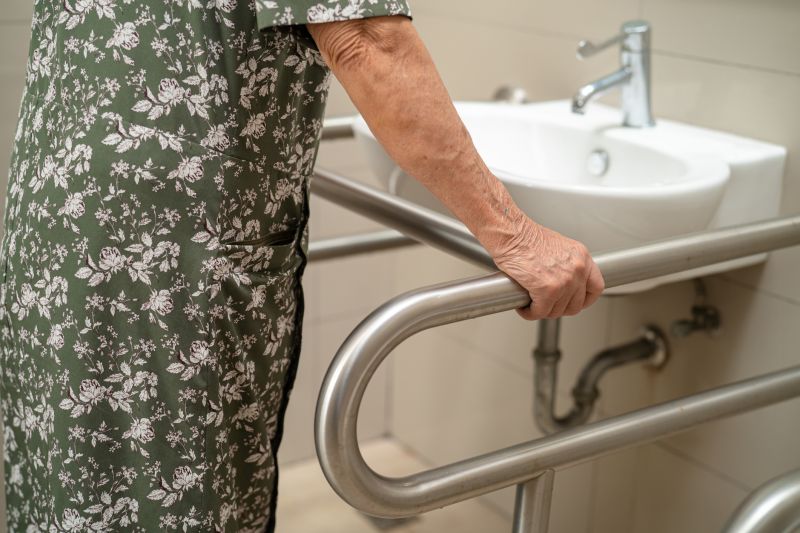
Small tweaks to make Fire Restorations safer and easier to use.
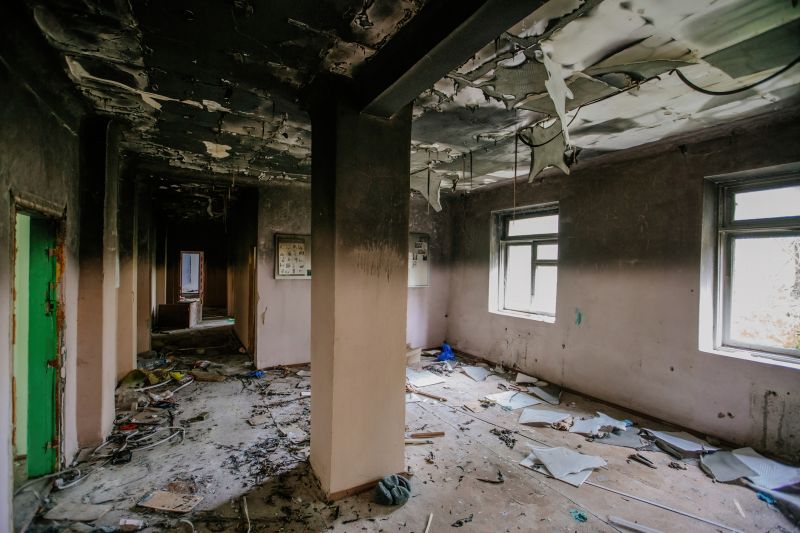
Lower-waste or water-saving choices for Fire Restorations.
| Aspect | Details |
|---|---|
| Optimal Restoration Window | Within 48 hours post-fire for best results |
| Weather Conditions | Dry and calm weather preferred |
| Fire Season | Outside peak fire season for better resource availability |
| Property Access | Ensure property is accessible for equipment and personnel |
| Assessment Timing | Immediate assessment recommended after fire suppression |
| Material Availability | Schedule when necessary materials and permits are obtainable |
| Environmental Factors | Consider local climate and seasonal weather patterns |
